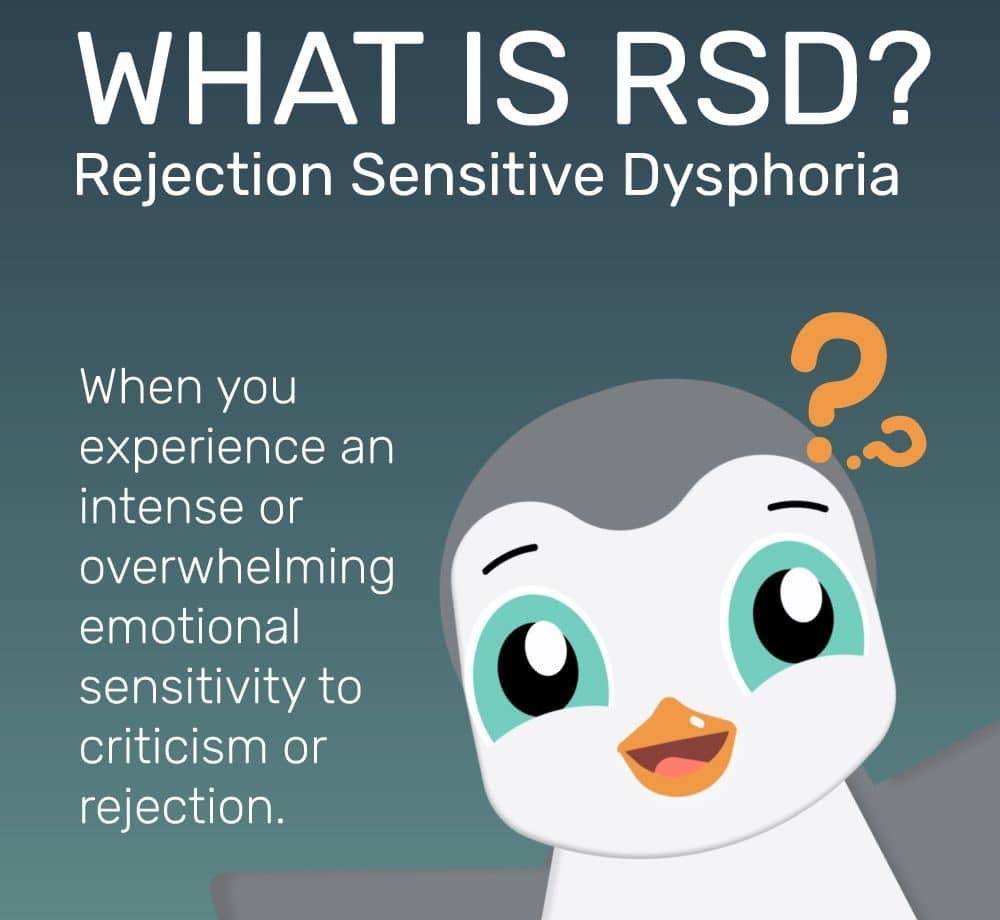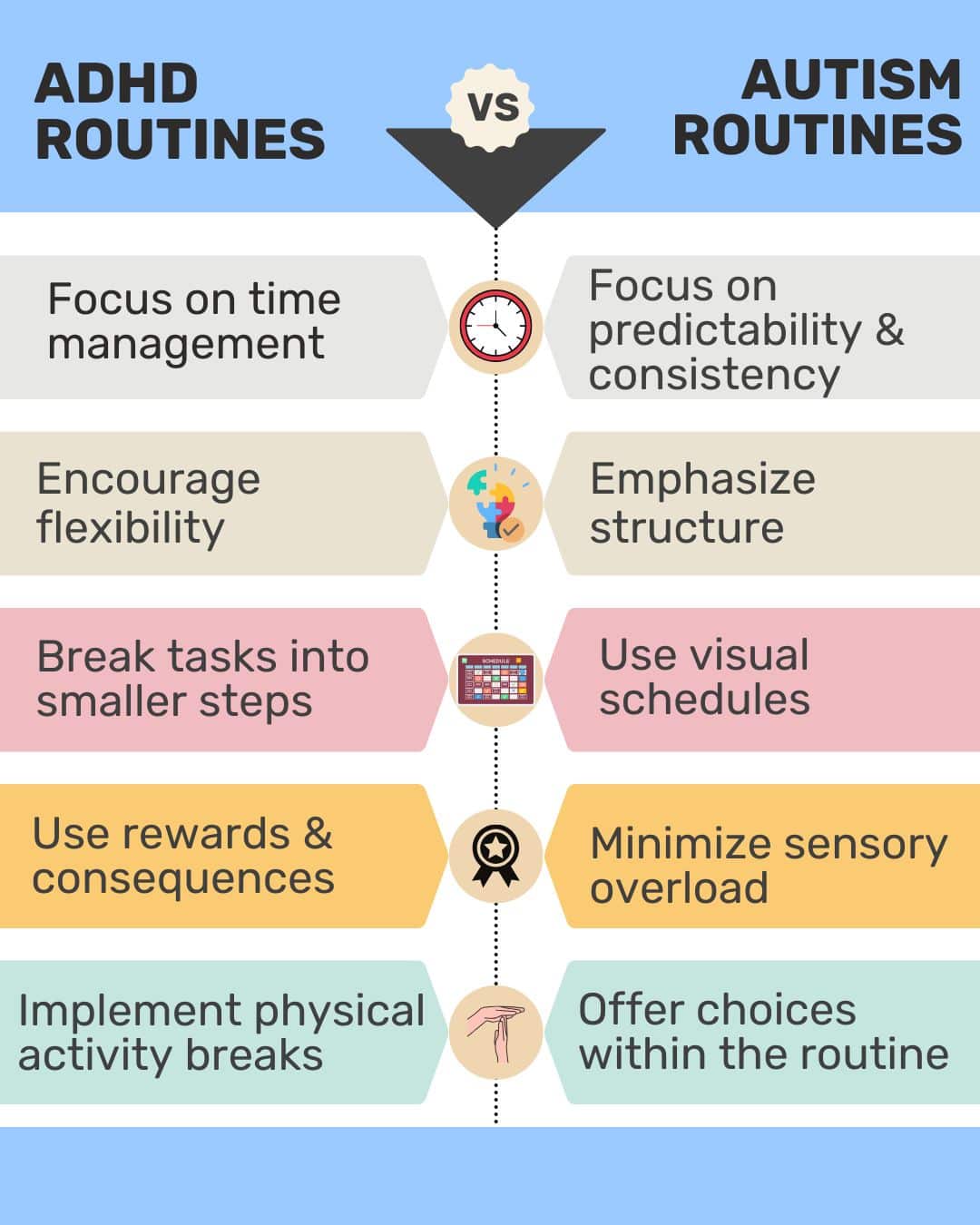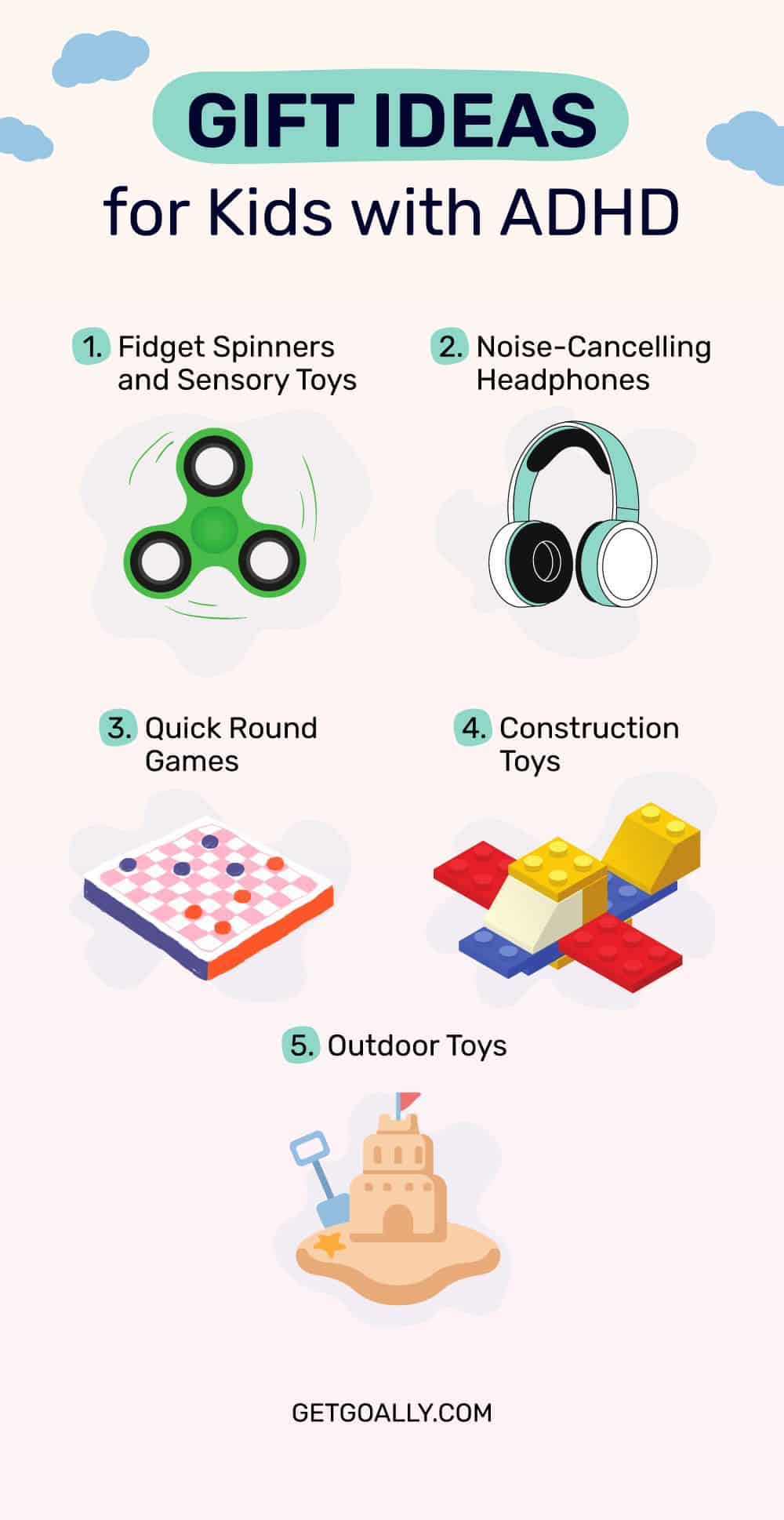Even in the whirlwind that is parenthood, it’s essential to spot the tell-tale signs of RSD ADHD; we’re here to help. Let’s run through some common symptoms:
– Intense emotional reactions
– Fear or avoidance of situations due to anticipated rejection
– Self-criticism following perceived failures
Remember, every child is unique; symptoms of RSD ADHD might show differently in different kids. Recognizing these symptoms can help ensure your child receives the right support. Let’s take a look at some common symptoms in a clear, easy-to-follow table:
| Signs |
Examples |
| Intense emotional reactions |
Tears or anger at criticism |
| Fear of rejection |
Avoiding social situations |
| Self-criticism |
Saying “I’m bad at everything” after a minor mistake |
Remember, recognizing symptoms prepares us to provide a supportive environment. Awareness is the first step towards navigating this challenge with success. You’ve got this, parents!











